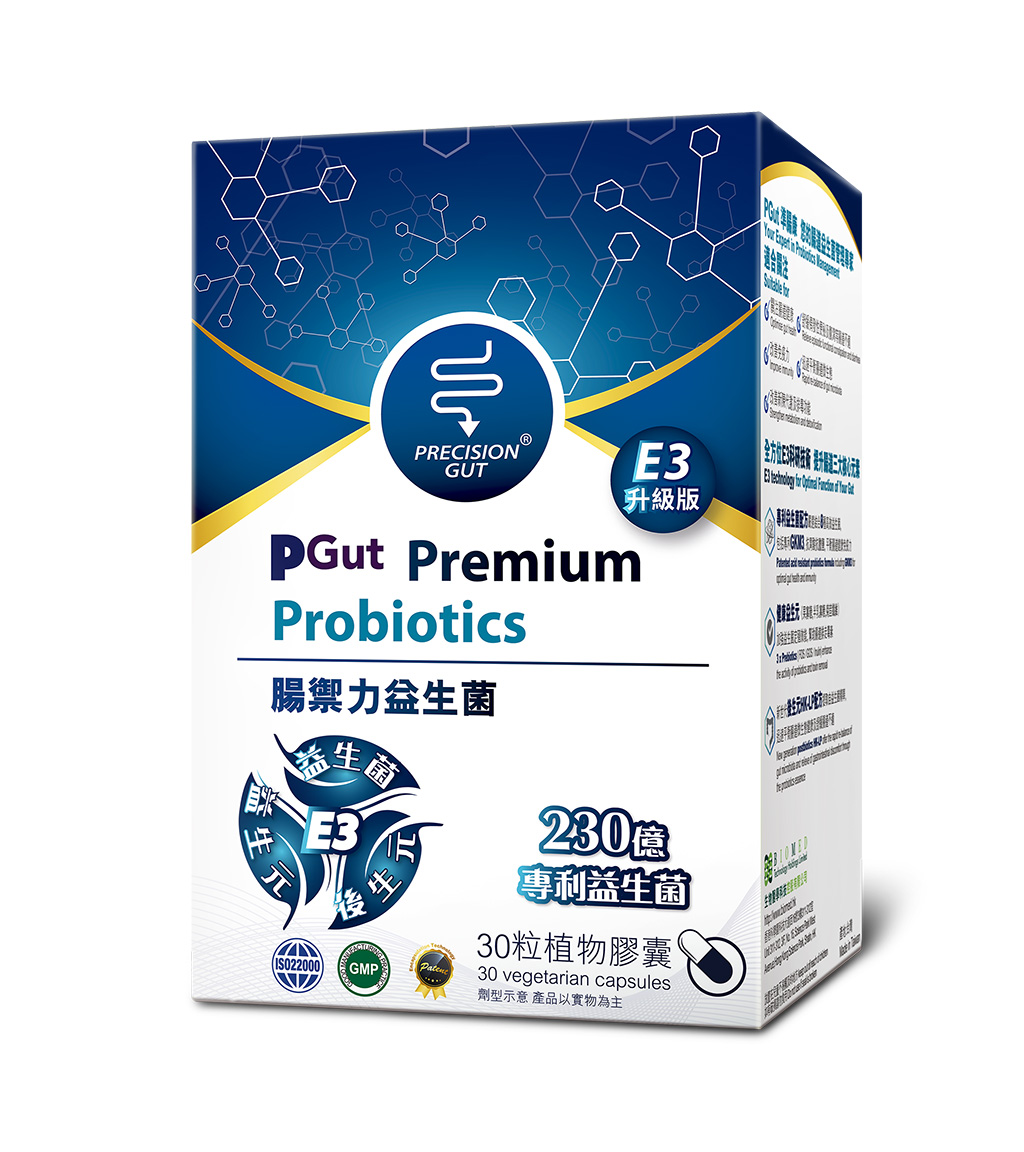Cause of cancer
Just hearing the word “cancer” sends shivers down the spine. Cancer can be caused by different factors, including smoking, poor diet, excessive alcohol consumption, and more. When our cells are damaged in various ways and cannot be repaired, the body must rely on “apoptosis” (cell suicide) to kill the damaged cells. Once we lose the function of “apoptosis”, the damaged cells will continue to grow, and the situation will spiral out of control. Bad cells circulate through the blood system to other organs in the body, causing cancer to form.
Probiotics can reduce the side effects of chemotherapy and radiotherapy and the impact on immunity
There are two general approaches to treating cancer: drug therapy (chemotherapy) and radiation therapy (electrotherapy). Both traditional treatments have the same disadvantage – in addition to damaged cells, they are also killed together with healthy cells, causing many side effects, including decreased immunity. In response to the problem of decreased immunity, many scholars have conducted related research and found that the balance of intestinal microorganisms is related to immunity. When the proportion of bad bacteria in the intestine is too high, the intestinal microecology is out of balance, which will cause many problems in the body, including a decrease in immunity. Therefore, supplementing probiotics while undergoing cancer treatment can effectively reduce the side effects on the immune system. In addition, probiotics can also relieve discomfort during treatment. For example, Lactobacillus Plantarum has a protective effect on the stomach and reduces gastrointestinal discomfort, while Lactobacillus Brevis helps reduce the oral cavity. chance of mucositis.
Supplementation of probiotics and postbiotics can also reduce the risk of cancer
If the gut microbiome continues to be out of balance, its inflammatory response can affect healthy cells. Increase the risk of different diseases. For example, some species of Bacteroides, which produce harmful substances that increase the risk of cancer, or the genus Fusobacterium, the bad bacteria that are inextricably linked to colorectal cancer. Other bad bacteria that increase cancer risk include Helicobacter pylori and Clostridium. Supplementing probiotics can effectively compete with these bad bacteria, reduce the survival resources of bad bacteria in the gut, and achieve the effect of inhibiting bad bacteria. As a result, probiotics can reduce inflammation and promote cancer cell apoptosis. The latest research points out that in addition to probiotics, postbiotics also have the effect of preventing cancer. Postbiotics are metabolites of probiotics, also known as inactivated probiotics. It also helps reduce inflammation in the body, thus promoting the apoptosis of cancer cells. Probiotics are food extracts, so they are all-natural and safe. However, cancer patients may be relatively weak due to the disease. If they intend to take probiotics, they should consult their doctor for professional advice. If you are interested in learning more about the relationship between gut probiotics and immunity, please refer to https://biomed.hk/enhance_immunity/
*Information provided by the doctors from the School of Medicine in PGut. PGut probiotics are developed by the Hong Kong Science Park team for the intestinal tract of Hong Kong people. Studies have shown that it s gut strength probiotics can effectively improve intestinal problems and enhance immunity. It is available in online stores and Mannings. (For more questions, you can WhatsApp Dr PGut’s expert hotline at9739-1144)
References: Slizewska K, Markowiak-Kopec P, Slizewska W. The role of probiotics in cancer prevention. Cancers 2021, 13, 20.Bedada TL, Feto TK, Awoke KS, Garedew AD, Yifat FT, Birri DJ. 2020. Probiotics for cancer alternative prevention and treatment. Biomed Pharmacother 129, 110409.Groska A, Przystupski D, Niemczura MJ, Kulbacka J. 2019. Probiotic bacteria: a promising tool in cancer prevention and therapy. Curr Microbiol 76, 939-949.Vivarelli S, Falzone L, Basile MS, Nicolosi D, Genovese C, Libra M, Salmeri M. 2019. Benefits of using probiotics as adjuvants in anticancer therapy (review). World Acad Sci J 1, 125-135.Lu K, Dong S, Wu X, Jin R, Chen H. 2021. Probiotics in cancer. Front Oncol 11, 638148.Redman MG, Ward EJ, Philips RS. 2014. The efficacy and safety of probiotics in people with cancer: a systematic review. Ann Oncol 25, 1919-1929.Goodman B, Gardner H. 2018. The microbiome and cancer. J Pathol 244, 667-676.Kazmierczak-Siedlecka K, Daca A, Folwarski M, Witkowski JM, Bryl E, Makarewicz W. 2020. The role of Lactobacillus plantarum 299v in supporting treatment of selected diseases. Cent Eur J Immunol 45 (4), 488-493.Sharma A, Rath GK, Chaudhary SP, Thakar A, Mohanti BK, Badahur S. 2012. Lactobacillus brevis CD2 lozenges reduce radiation- and chemotherapy-induced mucositis in patients with head and neck cancer: a randomized double-blind placebo-controlled study. Eur J Cancer 48, 875-881.


